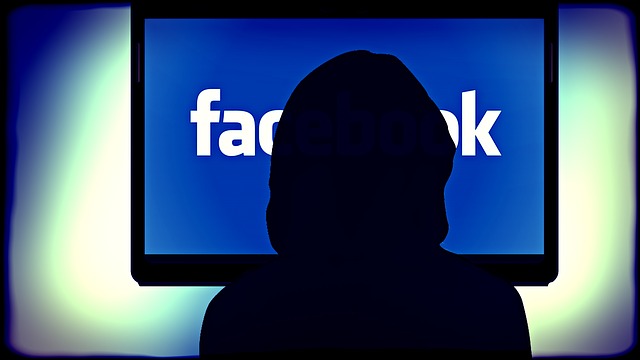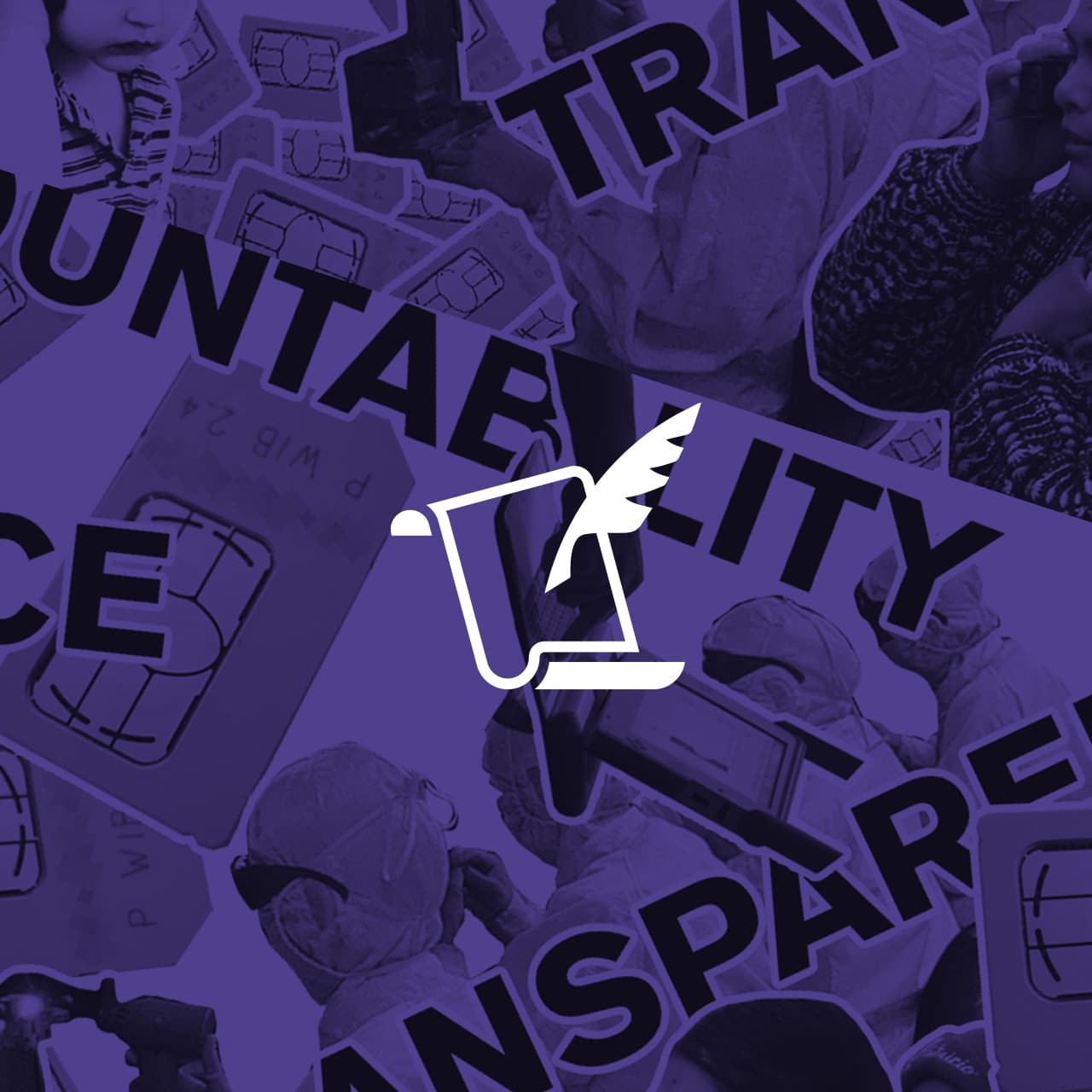
This post first appeared on Medium.com.
This week Facebook announced a new phase for Internet.org, an initiative that seeks to “connect the two thirds of the world that doesn’t have internet access” — but which, in its current form, adversely impacts the security and privacy of people who use the program to go online.
To mark its first year of providing “free basic internet services” to people in Colombia, India, Indonesia, Kenya, the Philippines, South Africa, Zambia, and elsewhere, Facebook announced that it will cease striking exclusive deals with partner carriers in new countries. Instead, all operators are free to participate in the program.
However, while Internet.org now welcomes more carriers, it remains a program with fundamental flaws that this expansion does not address. It continues to give users only a slice of the internet for free, undermines security and privacy, and raises serious questions about how the program will impact local innovation.
Facebook does cite impressive-sounding stats in its announcement. However, to be useful, data must be open and verifiable — and unfortunately these stats are opaque and confusing. For instance, Facebook claims that “Internet.org brings new users onto mobile networks on average over 50% faster after launching free basic services,” but the company does not clarify to whom or what the program is being compared. What is Internet.org 50% faster than?
Another puzzling claim is that “more than half of the people who come online through Internet.org are paying for data and accessing the internet within the first 30 days.” How many people have “come online”? Is “coming online” the same as, or different than, downloading or using the Internet.org app? Also, where were these users before they “came online”? Could they already have been paying for internet services, but are now switching to the free Internet.org for some services? If so, this isn’t necessarily “connecting the next billion,” but rather, poaching users from one service to another.
Facebook has been conducting significant media outreach to promote this next phase. This week, a number of doe-eyed profiles of the project have appeared in The New York Times, the Washington Post, Reuters América Latina, TechMoran, and The Verge, among other outlets. It’s important to bear in mind that the facts remain unchanged:
- Despite its name, Internet.org is not the internet. In fact, it provides limited access to a limited set of apps that provide a limited set of internet-connected services. A recent report by the Groupe Speciale Mobile Association (GSMA) in London highlights an increasingly worrying trend: users from rural areas believe that Facebook is the internet.
- It threatens to create a two-tiered internet in which the global poor have access to a small portion of the internet, the essential platform that has revolutionized our economies, politics, education, communities, journalism, civil services, and much more.
- It continues to undermine user security by failing to implement HTTPS encryption and forcing access through centralized nodes that are vulnerable to attacks.
- It is a privacy nightmare. New internet users not accustomed to the tradeoff between privacy and free services will certainly be surprised at how much of their personal data is swept up by Facebook. Internet.org’s terms of service state that Facebook analyzes user data to determine “which services are more popular.” Facebook also says it holds onto user data for 90 days, for unspecified reasons.
- It threatens local innovation. Over the last two decades, entrepreneurs have thrived because the internet was free and open to all comers. Will the next generation of entrepreneurs be stifled because they have to operate with Facebook as the de facto gatekeeper for internet access?
Despite what the media reports this week imply, Internet.org is not a cure-all for internet access. There are local, alternative, non-discriminatory models for providing internet access to the next billion internet users, such as those proposed by the Association for Progressive Communications or the Alliance for Affordable Internet among many others. We hope that everyone, including the media and Facebook itself, will explore them.
photo credit: Kai Stachowiak
